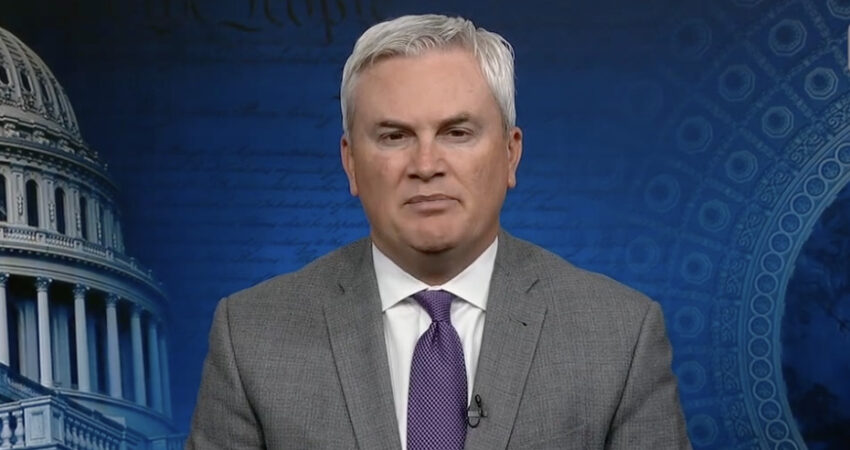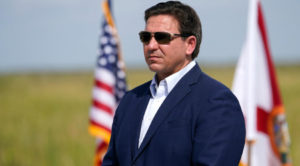In a pattern that should no longer shock conservatives, the Biden administration and other left-leaning entities often target those on the right for merely holding differing beliefs. From their perspective, conservative views on issues like protecting the lives of unborn children, recognizing the scientific distinctions between male and female genders, and preserving the integrity of elections are seen as threats to their ideological dominance.
Conservatives, however, are pushing back. A recent example of this pushback is evident in a letter from the House Committee on the Judiciary and the House Committee on Oversight and Accountability addressed to District of Columbia Attorney General Brian Schwalb. Representatives Jim Jordan (R-Ohio) and James Comer (R-Ky.) revealed their committees’ investigation into Schwalb’s actions targeting conservative financier Leonard Leo.
To provide some context, a report by Stephen Neukam in The Messenger disclosed that Schwalb initiated an investigation into Leonard Leo, who serves as the co-chairman of the conservative Federalist Society. The investigation was sparked by allegations that one of Leo’s nonprofits had paid tens of millions of dollars to one of his for-profit companies. The complaint noted that nonprofits connected with Leo had disbursed over $73 million since 2016 to for-profit firms linked to the conservative legal activist.
Jordan and Comer are deeply concerned that Schwalb’s investigation of Leo is emblematic of a wider trend where Democrats target conservatives, and they are keen to uncover the exact motivations behind Schwalb’s office’s actions. They express concerns over the potential infringement on free association and donor privacy due to the apparent political motivations underpinning the probe.
One particularly significant aspect of this investigation is its connection to left-wing “dark money” organizations. The involvement of such groups raises questions about the impartiality and independence of Schwalb’s inquiry. For instance, the investigation was reportedly initiated based on a complaint by the Campaign for Accountability, an organization with ties to Arabella Advisors, a far-left “dark money” entity. The Campaign for Accountability has also received substantial funding from the New Venture Fund, casting doubt on the apolitical nature of Schwalb’s investigation.
Jordan and Comer highlight the political nature of this investigation and underscore the potential consequences of probing Leonard Leo. They question whether Schwalb’s office has jurisdiction over the matter, as publicly available information suggests that Mr. Leo and the associated organizations are based outside of Washington, D.C. Moreover, they emphasize the importance of safeguarding donor privacy and the right to free association.
Citing Supreme Court precedents that protect donor privacy rights, the congressmen urge Schwalb to focus on addressing the pressing issues in his own district, such as the significant rise in crime rates. They contend that allocating resources to a politically motivated investigation risks infringing on free speech and donor privacy, which they firmly oppose.
Jordan and Comer have given Schwalb until November 13 to provide all communication related to the Leo investigation, including interactions with “dark money” organizations. The conservative committees hope for cooperation but acknowledge the challenges in confronting the evident partisan political targeting by the left. The outcome of this inquiry is eagerly anticipated as it may shed light on the extent of such targeting and its implications for conservative voices.





